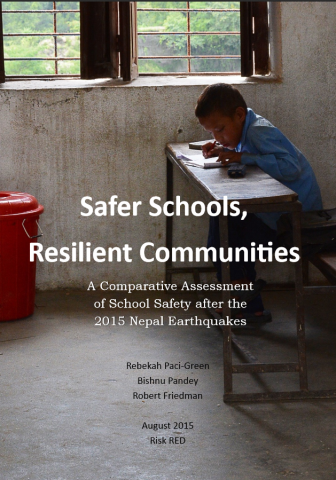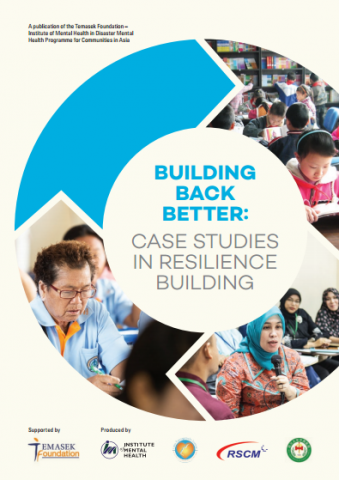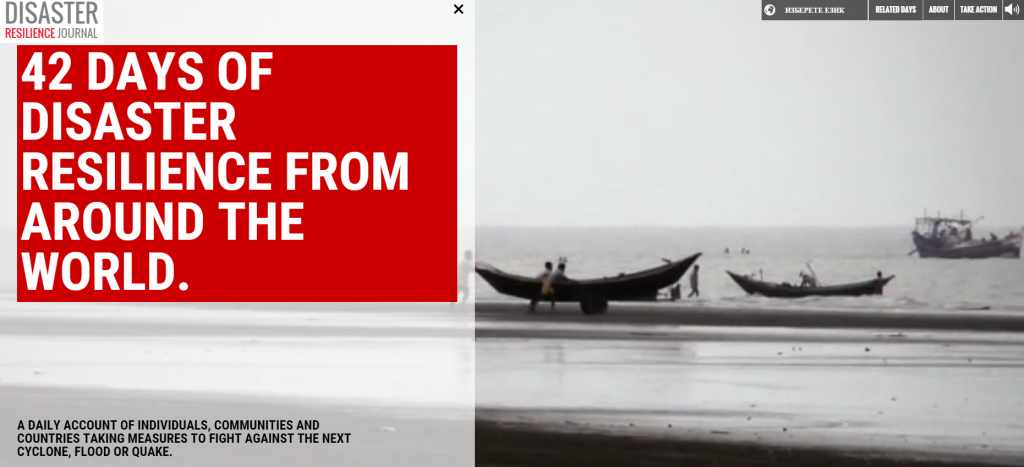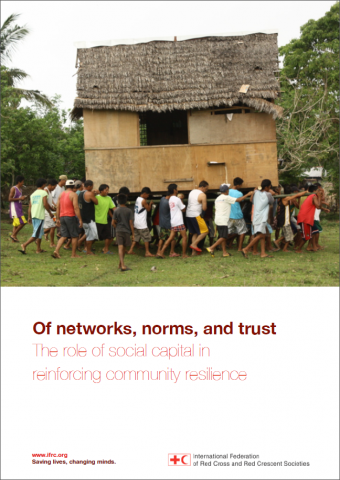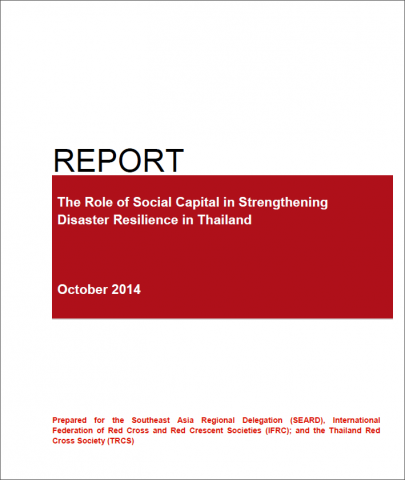Integrated Community Resilience and Development (ICRD) Program – China
The ICRD programme targets around 110,000 people in 50 vulnerable communities. Some of the main issues for intervention relate to livelihood development, access to improved drinking water and sanitation facilities, better access to primary health care, improved disaster preparedness in communities, and road safety education. This video features some of the ICRD carried out in […]
Integrated Community Resilience and Development (ICRD) Program – China Read More »

